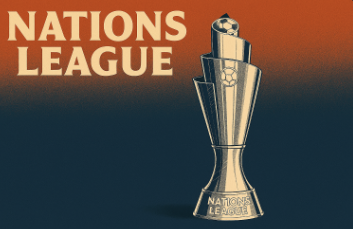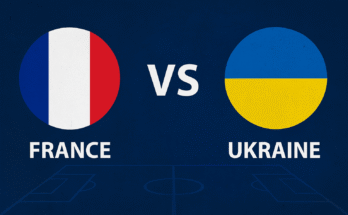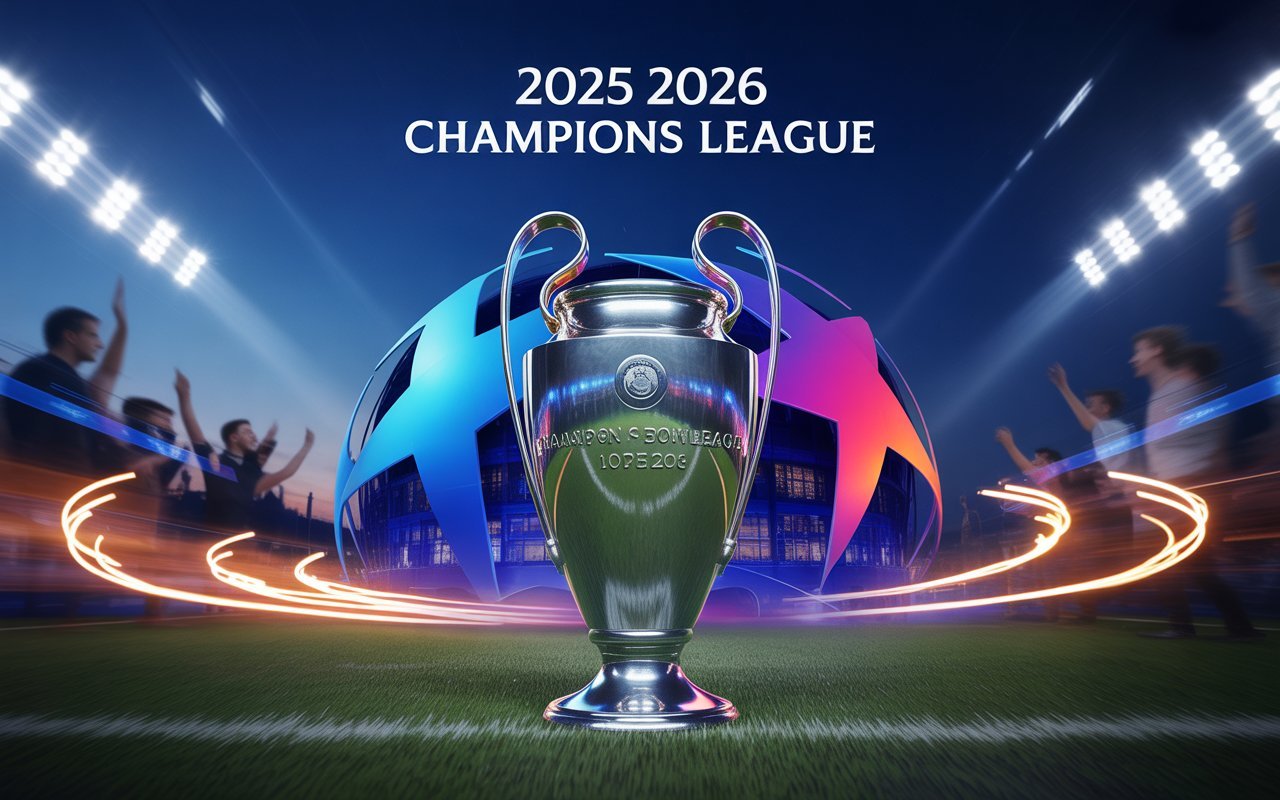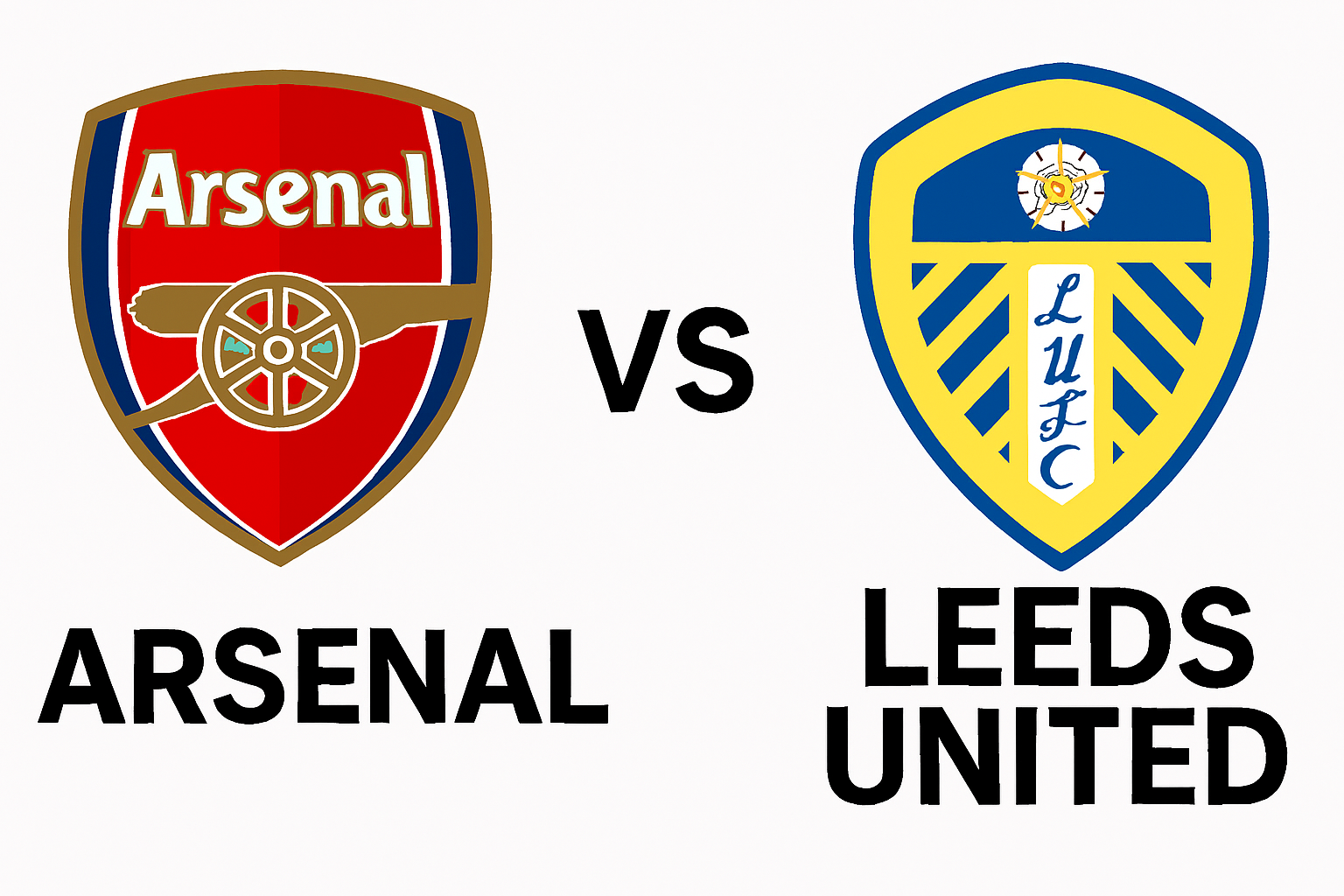There are many traditions in football, but football carries on and with tradition comes evolution.Examples of evolution came through the Nations League, which has changed how we watch international football. The Nations League has stakes, gives us competitive matches, and has narratives that let us get invested in the matches. Let’s explore what is special about the Nations League, why it is important, and how it is changing the football landscape.
Nations League: Why It Was Created and What It Means
Prior to the Nations League, international breaks were frequently seen as dull time for international football, with low or no intensity friendlies being the only option. UEFA introduced the Nations League in 2018 to eliminate these dreary friendlies and replace them with meaningful competition. They were also looking to improve the quality of all matches and to give teams matching ability the opportunity to play.
This competition has introduced new excitement into international football for fans and for national teams. Rather than effects or meaningless matches, EVERY game matters in the Nations League – which has helped national teams to look at their match and prepare accordingly to major tournaments like the EUROs and World Cups.

Nations League: The Competition Format Explained
The Nations League breaks teams down into 4 leagues: A, B, C & D. Teams are placed into leagues based on their UEFA ranking. Each league features three or four teams in groups, which play home-and-away matches.
• League A: The best teams play to win the Nations League trophy.
• Leagues B, C & D: Teams, which either want to promote or avoid relegation.
This creates a balanced competition with exciting matches, whether you watch the giants like France, or the developing nations like Georgia.
Nations League: Why Fans Love It
The Nations League transformed the environment of international football. No longer are fans going to snooze through watching a painful friendly. Now they’re watching exciting matches that can determine:
• Who wins the Nations League trophy
• Promotion to a higher league
• Relegation to a lower league
• Extra playoff spots in the European Championship. So much for fans to care about, and more ways to keep them guessing on every given match day.
Nations League: Memorable Moments So Far
While the Nations League may still be a relatively new competition, it has already created some memories to last a lifetime:
• Portugal’s victory (2019): Portugal, led by Cristiano Ronaldo, were the first Nations League winners.
• Final between Spain and France (2021): A final to remember defined by a controversial and iconic goal by Kylian Mbappé.
• We’ve had some great upsets: Smaller national teams, like Hungary and Ukraine, beating traditional footballing giants.
These memories show that the Nations League can have the excitement and drama we associate with the best tournaments at major championships.
Nations League: Its Impact on Smaller Nations
For smaller national teams, the Nations League represents more than just a tournament. It is an avenue! National teams in lower leagues can be promoted, undergo competitions with higher leagues teams, and exist playoff pathways to the final tournament of the European Championship. In fact, North Macedonia’s spending the 2021 UEFA EURO extending from League D and qualifying for UEFA EURO 2020 is a prime example of how Nations League expands hope to teams across all of Europe.
Nations League: Critics and Challenges
Although the Nations League has garnered popularity, it has its critics too. Some claim it adds fixture congestion to already crowded fixture lists while others contend it complicates the opportunity for teams to schedule traditional friendlies against teams from other confederations. Regardless of the criticism it faces, the competitive element and engagement from fans usually outweighs the negatives.
Nations League: Key Players Who Shined
The Nations League gave emerging stars a chance to shine:
• Ferran Torres (Spain): He scored a brilliant hat-trick vs. Germany in 2020, which won hearts across the globe.
• Cristiano Ronaldo (Portugal): He showed to the world that he still has the magic in him when he scored decisive goals.
• Kylian Mbappé (France): He scored the winning goal in the 2021 final.
The Nations League gave the platform for both emerging talents and veterans to forge the memories they wanted.
Nations League: Trophy and Prestige
The Nations League may not yet have the same reputation as the EURO or World Cup but winning it is still an important piece of silverware. It’s a testament for a national team of consistency and strength against the best in Europe.
Portugal and France, former champions, used their Nations League victory as a springboard into larger tournaments.
Nations League: How It Affects EURO Qualification
One of the greatest aspects about the Nations League is how it can affect UEFA EURO qualification. Teams that would otherwise be eliminated in the regular qualifications can receive a second chance through playoff positions in the Nations League. For example, teams from lower leagues sometimes qualify for the EURO through these playoff positions creating fun surprises in the EUROs.
Nations League: What Makes It Different from Friendlies
Friendlies tend to involve experimentation; the Nations League is about competition. Every point count, and teams utilize stronger rosters because results will affect promotion/relegation and playoff hopes.
This distinction added a bit of respect back to fans international breaks, filling stadiums, and causing greater TV ratings.
Nations League: Future and Expansion
The Nations League isn’t standing still. UEFA is looking to expand the Nations League and may even include some other countries during special match days who are not part of UEFA and expand some finals.
These ideas clearly show confidence by UEFA that they see the Nations League to be part of the calendar for the long haul.
Nations League: Fans’ Perspective
The Nations League offers fans:
• No more boring international breaks.
• More big, great matches such as Spain v. Germany.
• Rivalries and stories.
• An additional trophy to compete for.
Fans have said the Nations League has brought back pride and competition in international football between major events.
Nations League: The Business Side
The Nations League is not just about football.it is also about business. It brings in sponsorship, generates revenue for national federations and increases the value of TV rights. The smaller federations gained from more competitive games and audience interest
Nations League: Legacy and What’s Next.
Despite being first kicked off in 2018, the Nations League has become a vital ingredient in European football as well as for football anywhere. It has enhanced the perception of international breaks for supporters, players, and coaches alike by returning energy and meaning to international breaks.
Conclusion:
The Nations League shows that innovation can be successful in a sport steeped in tradition. It has turned incredibly boring international windows into weeks of excitement, given realistic opportunities to underdog nations, and created new history all in a few years.
It might never replace the prestige of older tournaments, but the Nations League defined its own spot and millions of fans anticipate it every cycle.



